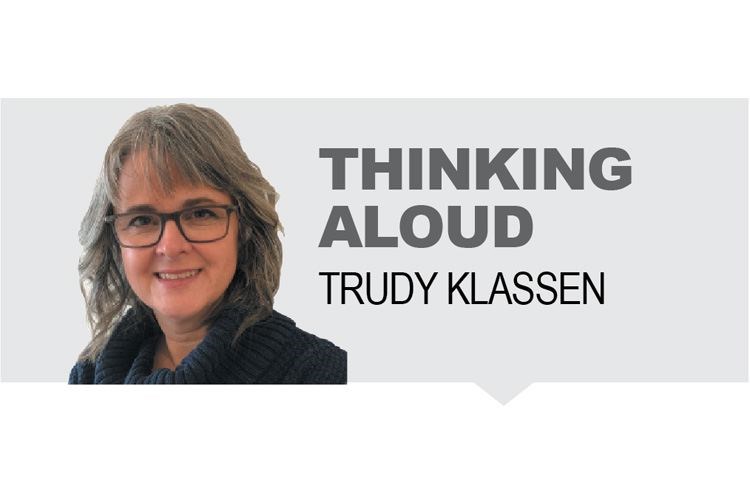What is the purpose of government? How do we choose our leaders, those we elect to represent us?
The purpose is easy: the purpose of government is, generally, to manage the affairs of the nation. We elect people, they hire people, and together with their collective expertise and public representation, they make decisions on our behalf, and manage the affairs of the nation.
Governing is different than raising children and caring for our elders, but not so much different in the sense that people are the same, human nature is the same. Government is, by its very nature, dealing with people and these people are individuals. Government has no magic wand that mes people want to do the right thing, the best thing, or the thing that benefits everyone. At a most basic level, the best government can do is ensure that there is that there is rule of law, that the law applies equally to everyone, that people have recourse when the law is disobeyed.
At the next level, we can try to influence the type of decisions people make by penalizing or rewarding, depending on what the collective "we" think is of value.
So how do we decide who to vote for?
Since governing is essentially problem solving and guidance, I would recommend taking a look at how things are working in your own life and allow that to inform how you vote.
Consider how you deal with your own problems and opportunities. Your family's, your community's. Think of what has worked to solve problems. Think of what has inspired people to create opportunity for themselves. Considering these things gives you a good idea of human nature. Then think of those problems that have been solved and how. That gives you another aspect of human nature.
Human nature should inform your vote. We are better at making change in the areas we are interested in, in our own timing. Those intimately involved in a situation must be able to see for themselves the benefits of change or solving problems. Everyone has stories of someone who has spent significant resources, time and money, to help someone out of a bad situation, only to find their efforts useless. Then, maybe years later, the person finds a reason to change, and giving them a slight hand-up is all they need and they are off, solving problems that we, as an outsider, had ideas for, but could not make happen.
When this happens, we who tried to help previously are sometimes a bit stunned, because all our previous efforts didn't help, and suddenly, "poof" change happened.
In my experience, problems are best solved when the people involved take an active part in finding the solution and then are the ones with power to implement the solutions. People are usually inspired to either act in their own best interest or in the best interest of someone they love and care for. Most likely, you will see that top-down, forced solutions, are not often the most effective.
Does that help? If you are a decided voter, maybe that helps you to answer, or ask questions, of your friends or colleagues.
The old adage that politics should never be discussed in polite company should go the way of the idea of "polite company." The only people who benefit from the silence are those who don't want to explain themselves.
Let's change that.
Let's talk politics, let's ask and listen, respectfully.



